Blockchain networks are leveraged on novel principles like permission-less use, open access, and decentralized infrastructure that is devoid of control by one person. However, a myth getting increasingly popular these days says that those who control the blockchain talent today will eventually rule over the blockchain industry tomorrow. This is attributed to the reasoning that blockchain skills and expertise will be in high demand in the next few years as blockchain is predicted to be adopted by most businesses and industries by then; and this adoption will not only be in terms of transactions but also in the shape of blockchain-driven products, services, and apps. To keep pace with the increasing demand for traceable and secure online transactions, blockchain businesses are raising capital and increasing their reach to the right blockchain talent.
The Blockchain Outlook – In the Light of Stats
According to Techjury,
- 44% of gamers use blockchain to trade or buy items in a game.
- It’s estimated that 55% of commercial healthcare services would adopt blockchain by 2025.
- In 2018, the service and distribution sector invested $379 million in Blockchain technology.
- In 2018, the manufacturing and resources sector allocated $334 million for Blockchain technology
- Even nonprofit foundations and charities are now adopting Blockchain currencies.
The Growing Blockchain Talent Market
Since the blockchain industry is rapidly growing, it’s attracting talented professionals from a range of backgrounds. Indeed.com revealed that in January 2018, a huge rise was seen in the number of candidates looking for positions in Bitcoin, blockchain, and cryptocurrency.
Compared to the classifieds posted at that time, there just weren’t a sufficient number of open roles to satisfy the job seekers’ inquiries. However, it is going to change in the coming years, as blockchain businesses have started to mature and get traction in diverse industries.
What Blockchain Talent Should Your Business Seek For & Win Over?
The discussion so far would have helped you better comprehend where the blockchain industry is going. Now is the time to be aware of the most in-demand roles about blockchain across the global industries to determine how and where your business should allocate the resources for recruiting the right candidates
After studying the research carried out by U.S. Tech Hubs, published on Builtin.com, it has been found that four major roles that accounted for 82% of the open positions in the industry are:
- Software engineering
- Marketing
- Operations
- Finance
Software engineering
Blockchain is an extremely complicated technology, and most businesses are anxious to hire specialists knowledgeable on this fairly novel subject. Not astonishingly, software engineering roles account for around 44% of the open blockchain positions at the time of writing this article. There are many different kinds of software engineers, having their strengths, specializations, and expertise areas. When we talk about the blockchain, the most in-demand skill sets, and coding languages are:
- Front End – 24%
- Javascript – 13%
- Java – 13%
- Golang – 7%
Marketing
Open marketing positions account for 17% of the blockchain positions. Since blockchain is quite a new industry and the majority of people don’t even totally understand what it is or how it works, it’s critically important to have a great marketing team able to convey your business message to customers, investors, and users.
Operations
Operations are one of the most in-demand roles in Blockchain, making for around 13% of all blockchain positions. Within Operations, the most demanded skill sets are operations management and information technology (IT), as follows:
- Management – 31%
- IT – 31%
- Customer Support – 15%
- Customer Success – 15%
Finance
Because the blockchain industry is heavily entrenched in financial services, it seems quite logical that 8% of open blockchain roles would be attributed to the financial realm. These experts can help marketing and operations teams, who might not have a background in blockchain or finance, use the right language and gain a more technical and better understanding of the products and services.
Where to start?
It is not sufficient to have programming knowledge in one specific field. Becoming a talented blockchain engineer necessitates a substantial time investment in acquiring competency and familiarity with a wide range of tools as well as related technologies.
These factors bear substantial implications for big businesses seeking to adopt blockchain. Despite hiring the big engineering teams, businesses might be equipped with the essential in-house expertise to accomplish their blockchain goals.
Take into account the case of Visa, for instance, when it primarily launched B2B Connect, a blockchain-based platform designed to securely and quickly process cross-border transactions. To develop B2B Connect, Visa hired many blockchain engineers from third parties. Though no setbacks were reported publicly, the process of searching for engineers having the required blockchain skillset turned out to be lengthy.
The Concluding Thoughts
The relative infancy of blockchain technology and the time needed to gain blockchain expertise brings the question of how businesses can best be ready for hiring the right talent required to successfully scale the blockchain projects they are planning in the near future.
New technologies keep rising and are around the corner. It is high time that the present business leaders all become old people unable to understand the new technologies and keep up with even the basics of tech. To attract and retain the right blockchain talent, especially in the areas mentioned above, is the question of the survival of businesses in the blockchain era. Those businesses already started to timely and wisely invest in the blockchain talent that would control the blockchain industry in the future.


